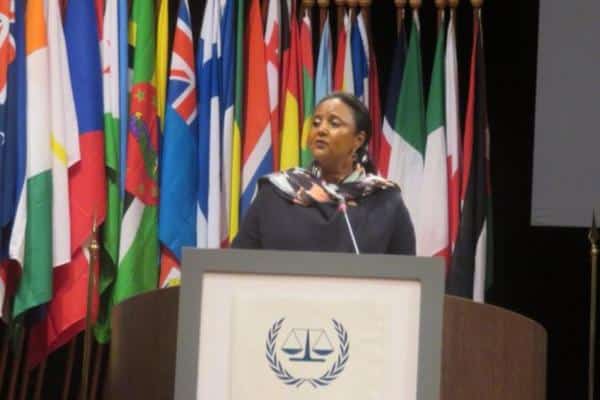
The International Criminal Court faces calls to change its approach in Africa or face losing some of its largest members as Kenya and South Africa joined forces at its general assembly to lobby for more freedom to interpret the court’s rules on Thursday.
Foreign Minister CS Amina Mohamed said African countries had been “humiliated” by the court when an African Union summit in Johannesburg was overshadowed by the row over South Africa’s failure to arrest Sudan’s President Omar al-Bashir.
“All of us felt totally humiliated in June in Johannesburg,” she said.
“We weren’t allowed to focus on the issues that were important to the continent peace, security, Burundi, Somalia, Mali. Totally distracted by this ‘arrest the president’ movement.”
“We want to be ICC members,” she added. “When people leave a relationship they don’t leave for frivolous reasons. They leave if there is no space to move around and the space has shrunk.”
“Hosting the summit we had obligations in relation to the customary law insulating heads of state from arrest,” said South African Justice Minister Michael Masutha.
Both countries have been rebuked by the court, with Kenya accused of allowing intimidation of witnesses in an ICC case against DP William Ruto and South Africa under fire for not extraditing Sudan’s leader when he was in the country in June.
Set up in 2002 to try the most serious international crimes, the ICC has been criticised for only bringing charges in Africa, leading many on the continent to portray it as a largely European-funded neo-colonial institution.
The tensions risk driving a wedge between Europe and Africa at a time when Europe is seeking allies in the Middle East and North Africa in its fight against Islamist militancy.







